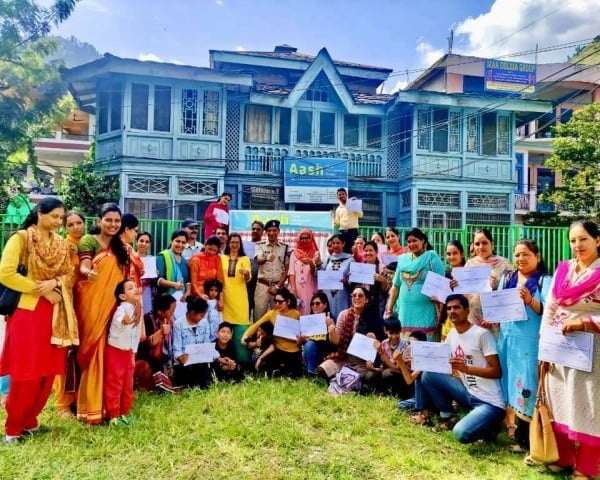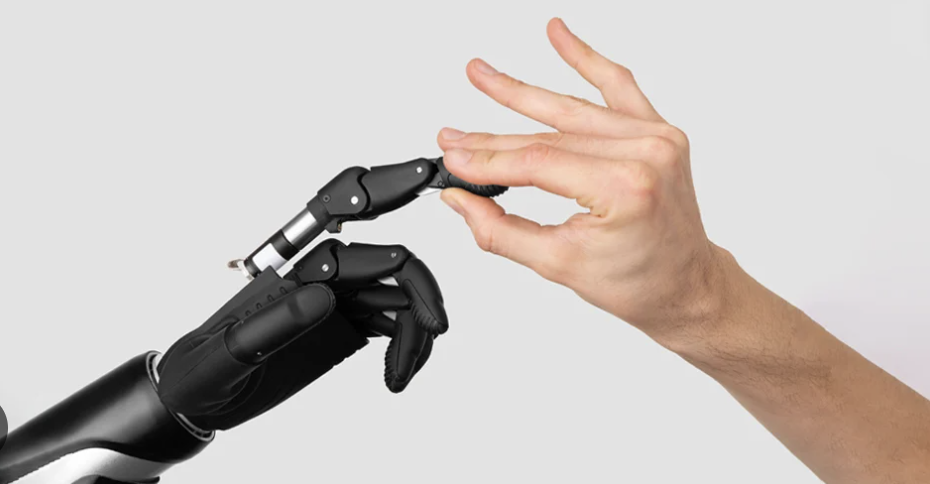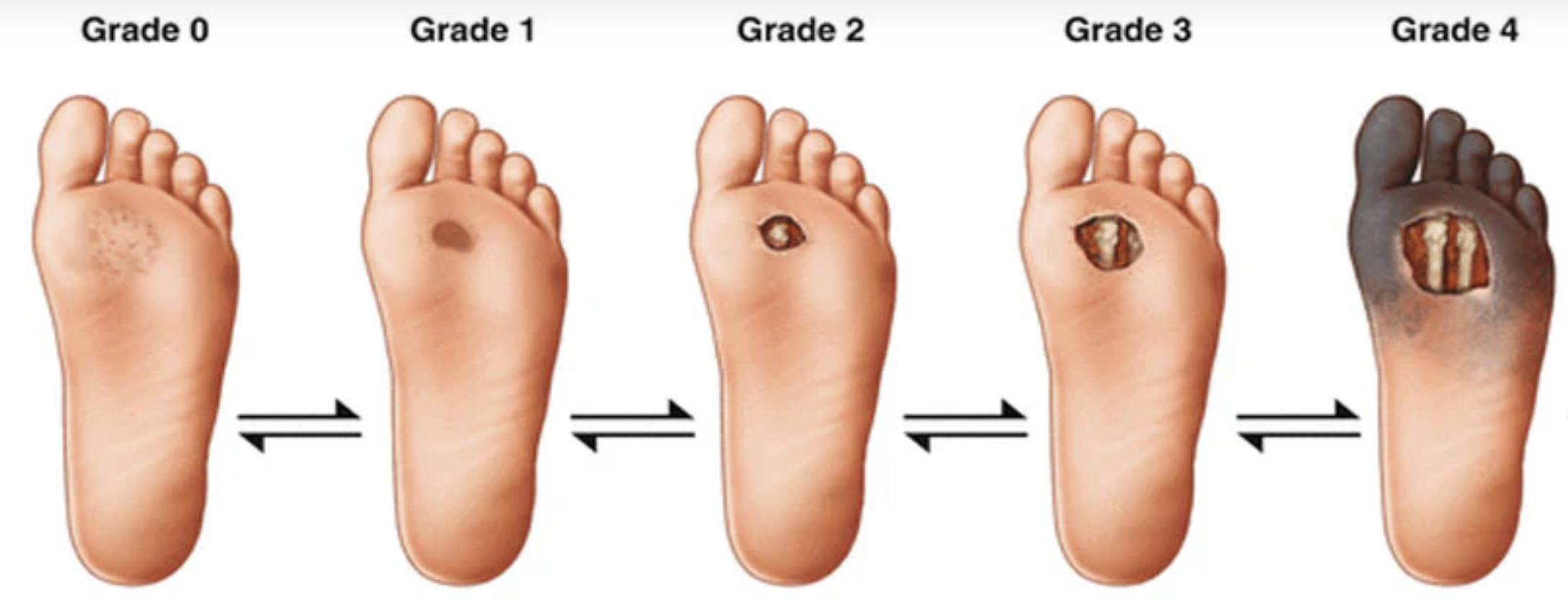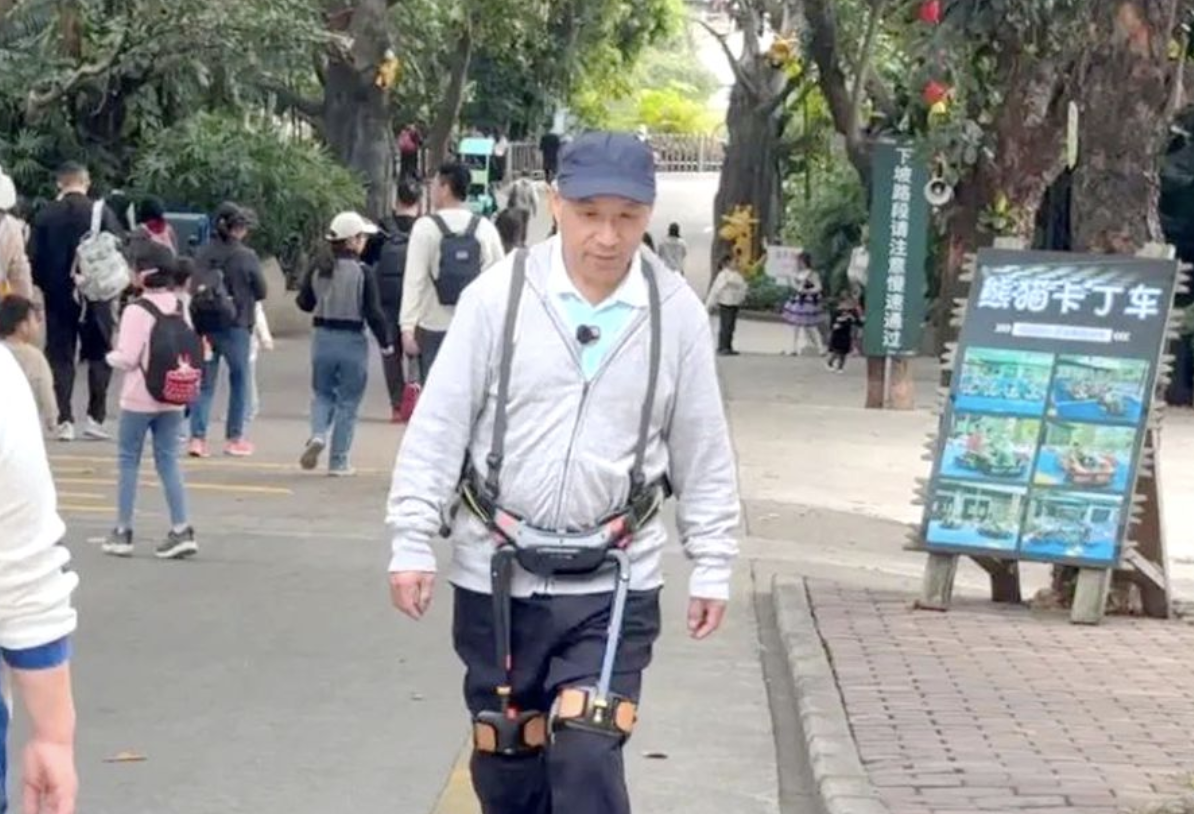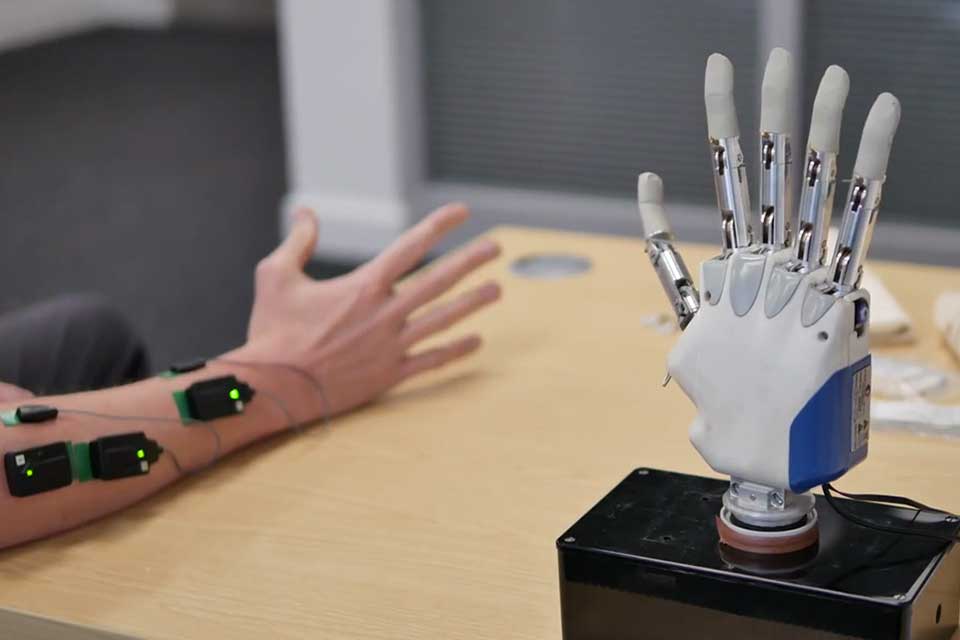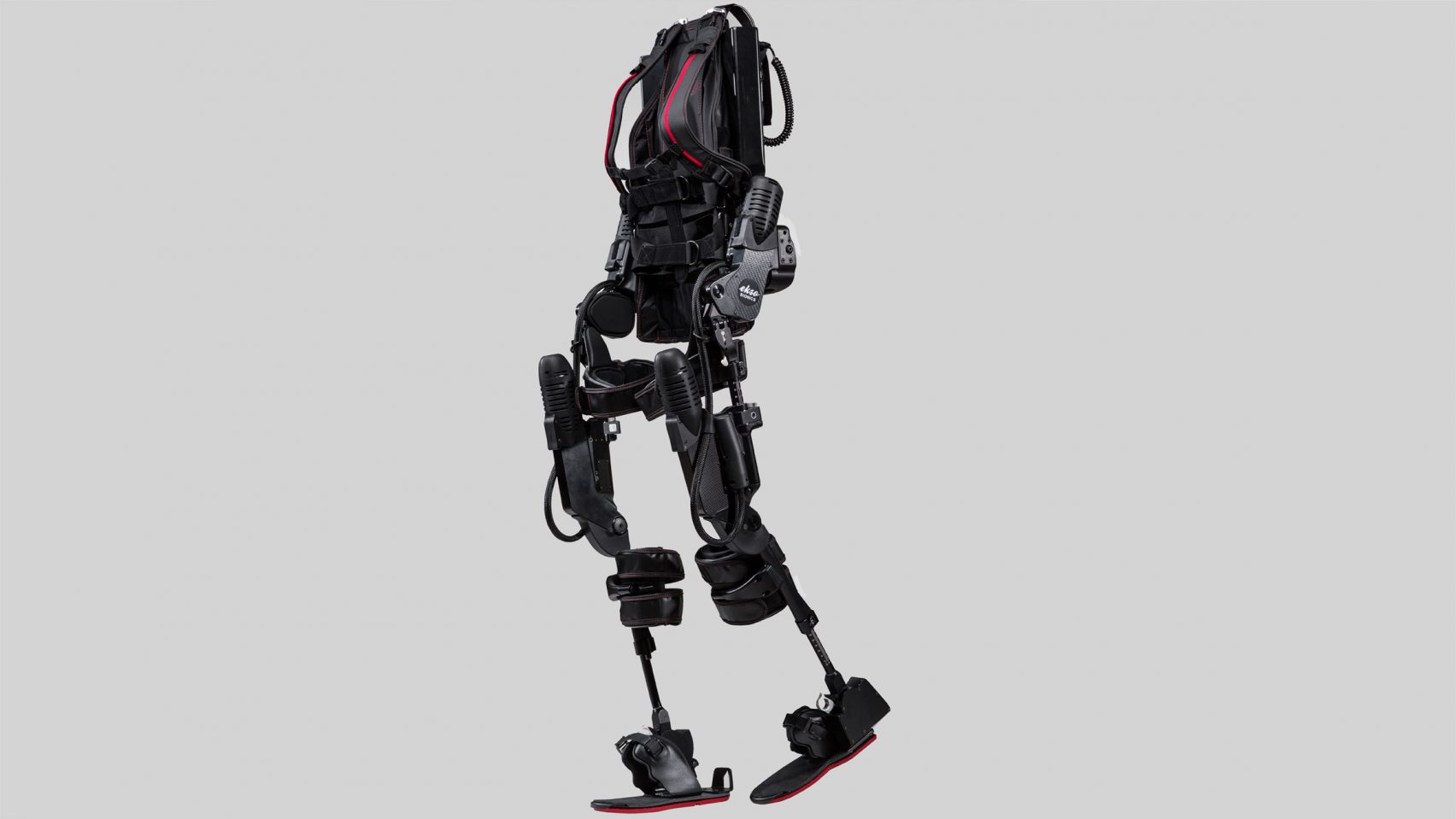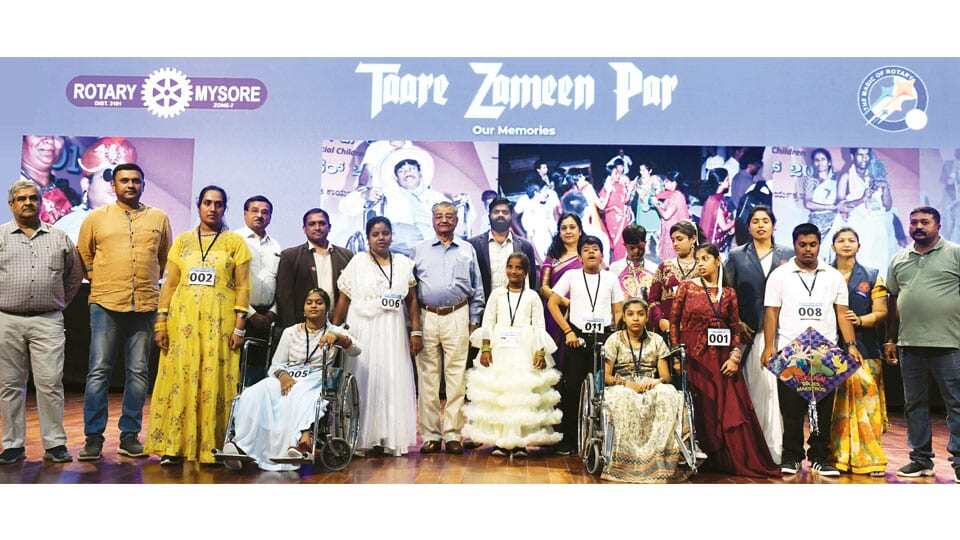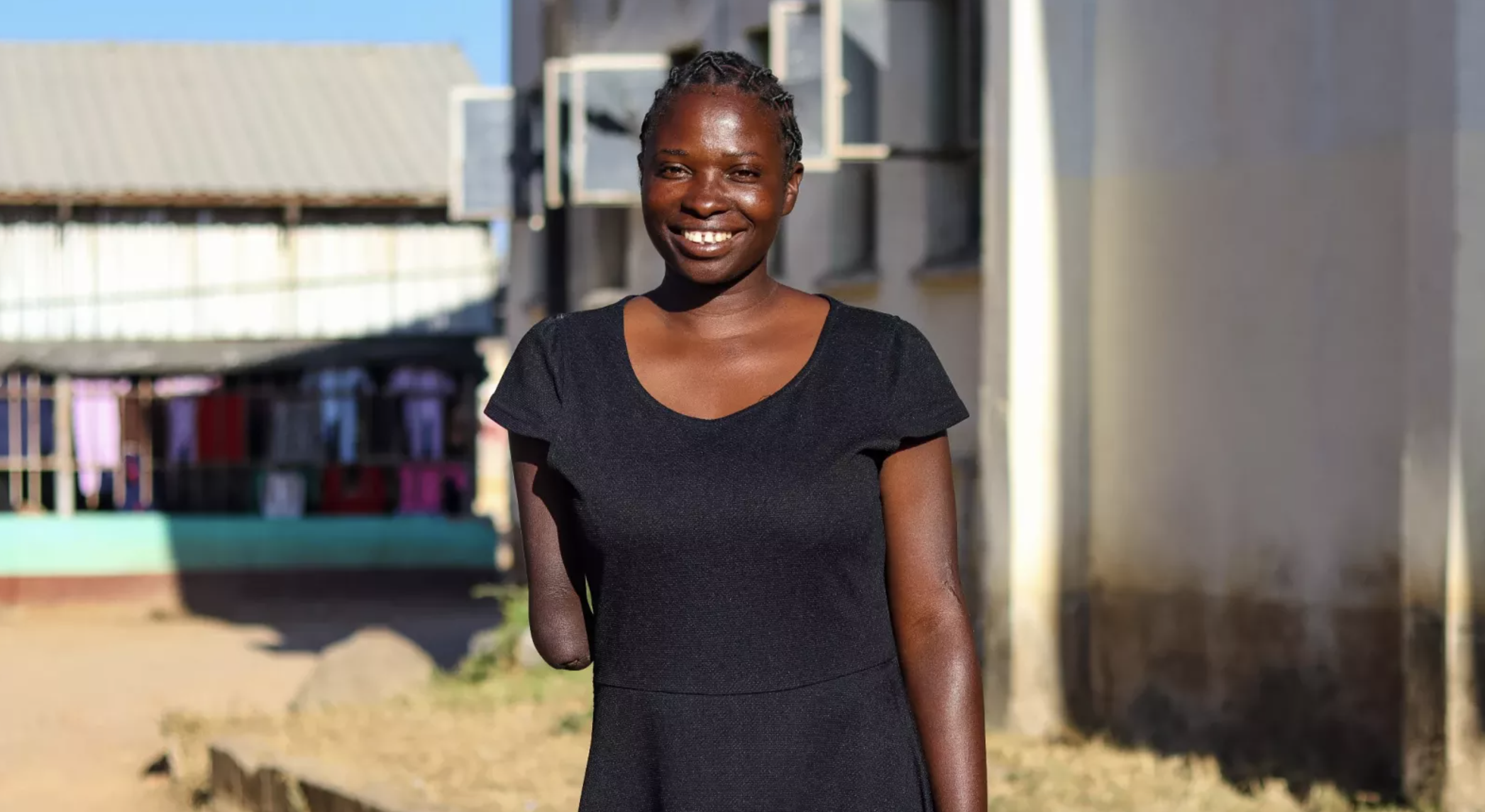In a significant step towards inclusive education, the Himachal Pradesh Government has made remarkable progress under the Samagra Shiksha Abhiyan, ensuring that children with special needs (CwSN) receive the necessary support to thrive. During the 2023-24 academic year, over 5,700 specially-abled children, from pre-primary to Class XII, benefited from the state’s initiatives, cementing Himachal Pradesh’s reputation as a leader in inclusive education.
A major achievement was the integration of 129 specially-abled children into pre-primary education, 4,013 at the elementary level, and 1,558 at the secondary level. The government also launched a Home-Based Education Programme for 1,464 students with severe and profound disabilities, demonstrating its commitment to ensuring every child, regardless of challenges, has access to education.
In partnership with the Artificial Limb Manufacturing Corporation of India (ALMC), the state conducted medical evaluations for 1,100 children, with 694 receiving customized assistive devices. This initiative, implemented across 140 educational blocks, has significantly improved the mobility and learning experience of the students. Furthermore, visually impaired children were provided with Braille books, and those with low vision received large-font textbooks, tailored to meet their educational needs.
Recognizing the financial challenges faced by families, the Government distributed escort allowances to 1,744 primary-level children and 692 at the secondary level. To promote continued education, scholarships of Rs 200 per month were awarded to 1,522 primary-level and 655 secondary-level students, with funds transferred through the Direct Benefit Transfer (DBT) scheme. These financial aids have boosted school enrollment and helped retain students in the education system.
The Government has also focused on the holistic development of these children by organizing sports events and one-day excursions to enhance their physical and social skills. Therapeutic services such as physiotherapy, speech therapy, and occupational therapy were provided to help students overcome their individual challenges.
To ensure quality education, 72 special education teachers, trained in basic disabilities, were employed at the primary level. These teachers received continuous professional development, including a multi-class training programme in January 2024, ensuring they remain equipped to support their students.
The state government has also prioritized shifting societal attitudes towards disability. Awareness programmes were conducted across all educational blocks, culminating in the celebration of World Disability Day, which fostered greater community understanding and support for inclusive education.
